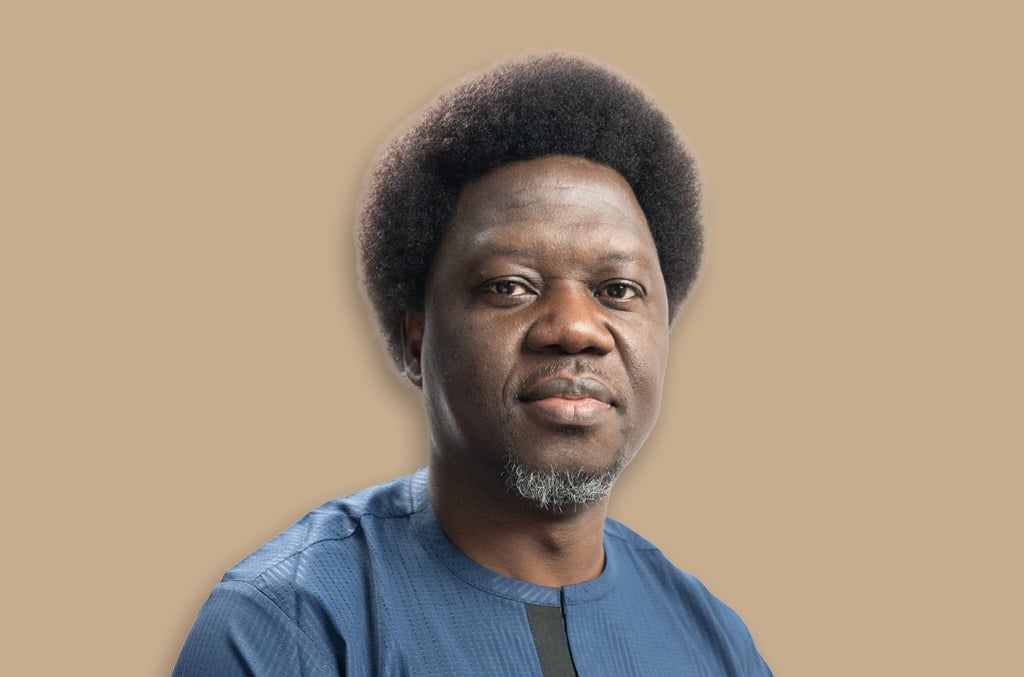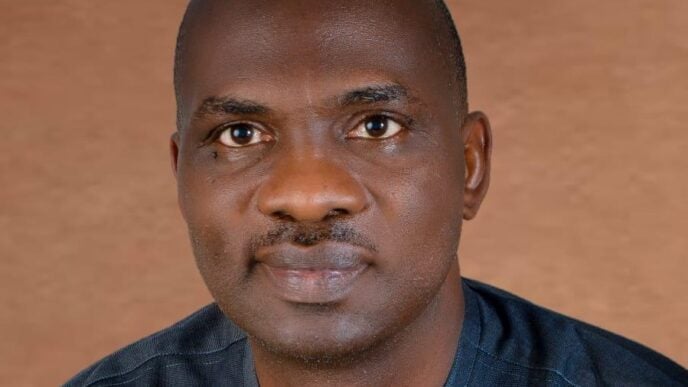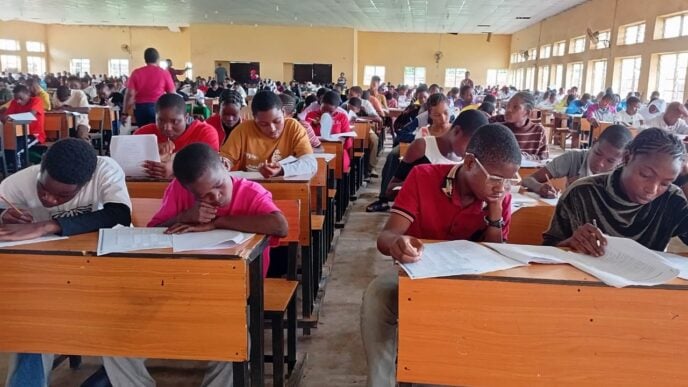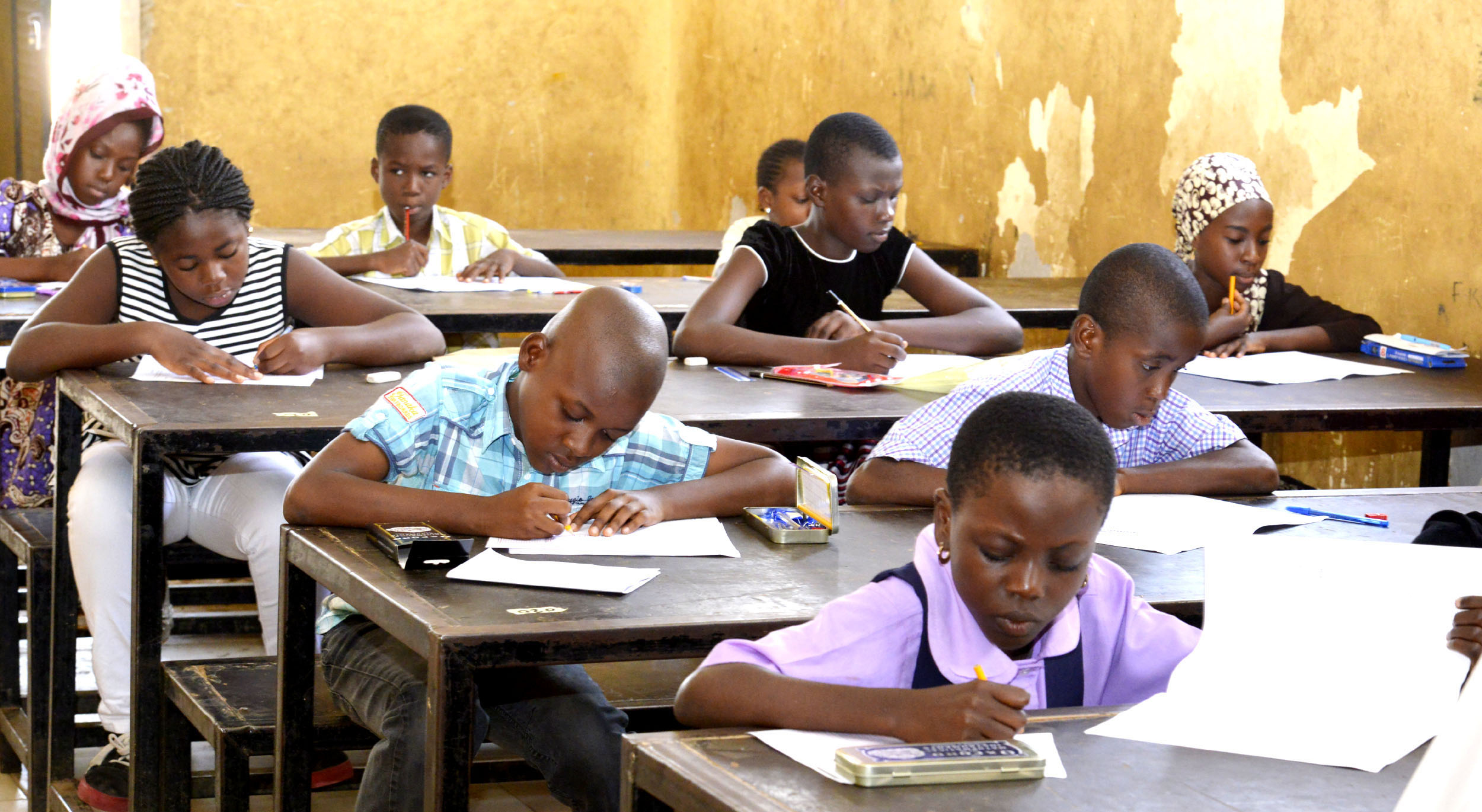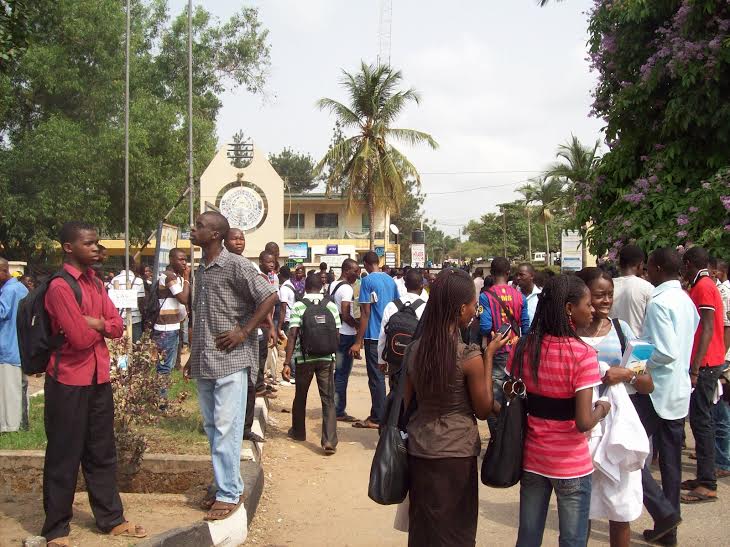Abidemi Babalola, the US-based scholar, has won the 2025 Dan David Prize for his archaeology work on the history of glass beads.
The Dan David Prize is a major international award that recognises and supports outstanding contributions to studying history and other disciplines that illuminate the human past.
It is considered the “largest history prize in the world”.
The list of the 2025 winners was unveiled on the organisers’ official website.
Advertisement
In his congratulatory post, Saheed Aderinto, the 2025 recipient of the Dan David prize, said the ceremony was held on May 28 in Italy.
Aderinto said Babalola, his long-time friend, researched the history of glass beads.
His work revealed that the history of glass beads dates back to the ancient Ile-Ife.
Advertisement
The 2023 winner stated that Babalola’s discovery has significant implications for Africa’s ancient history.
The work is titled ‘The Ile-Ife glass bead series… and the glass bead roads in West African Archaeology’. The Texas-based scholar will receive a $300,000 cash prize.
Aderinto recalled their relocation to the United States and the academic struggles they faced before achieving success.
“For two decades, Dr. Babalola did numerous archaeological excavations at Ile-Ife, worked in world-class laboratories, and held prestigious fellowships at Harvard University and the University of Cambridge,” he said.
Advertisement
“His hard labour and mind-blowing discoveries further position Ile-Ife in Yoruba history and open new vistas for understanding ancient African civilisation.
“Combining hardcore scientific tools with ethnographic, archaeological, and historical methodologies, Dr. Babalola explicates the cardinal place of glass beads in Ile-Ife and Yoruba culture, placing the history of a material object at the centre of a wide range of experiences that transcend class, gender, power, religion, and authority.”
Babalola obtained his first degree and MSc from the University of Ibadan before relocating to Texas to complete his third-level degree.
Abidemi earned his PhD from Rice University in Houston, Texas, USA.
Advertisement
Babalola is the lead archaeologist on the Museum of West African Art (MOWAA) Archaeology Project in Benin City, Nigeria, within the British Museum’s Department of Africa, Oceania, and the Americas (AOA).
Babalola’s work focuses on the intersection between the archaeology of pyrotechnologies and the history of science, technology, and invention in pre-modern West Africa.
Advertisement
His pioneering work on the chaîne pératoire of pre-15th-century locally made glass beads in West Africa re-centres early West African forest communities in the history and archaeology of the trans-Saharan trading system by redefining their roles within the commercial network.
We now understand that forest communities produced and supplied valuable goods, such as glass beads, to regional and long-distance trade networks through what he refers to as “the glass bead roads.”
Advertisement
Babalola held several fellowships, including the Smuts Fellowship, the McMillan Stewart Fellowship, the Postdoctoral Fellowship, a postdoctoral fellowship at University College London in Doha, Qatar, and the Marie Curie Sklodowska Fellowship at the Cyprus Institute in Cyprus.
He is also the principal investigator on a British Museum (Arcadia) Endangered Material Knowledge Grant project on digitising glass/glass bead-making: use, meaning, and symbolism in Ile-Ife, Southwestern and Bida Central Nigeria.
Advertisement
He is currently working on a mobile exhibition titled “Science, Technology, and Invention in the Empire of Ile-Ife”, which will travel to major cities in Southwest Nigeria.
